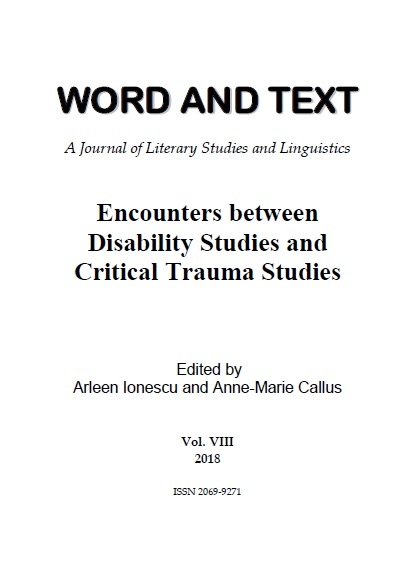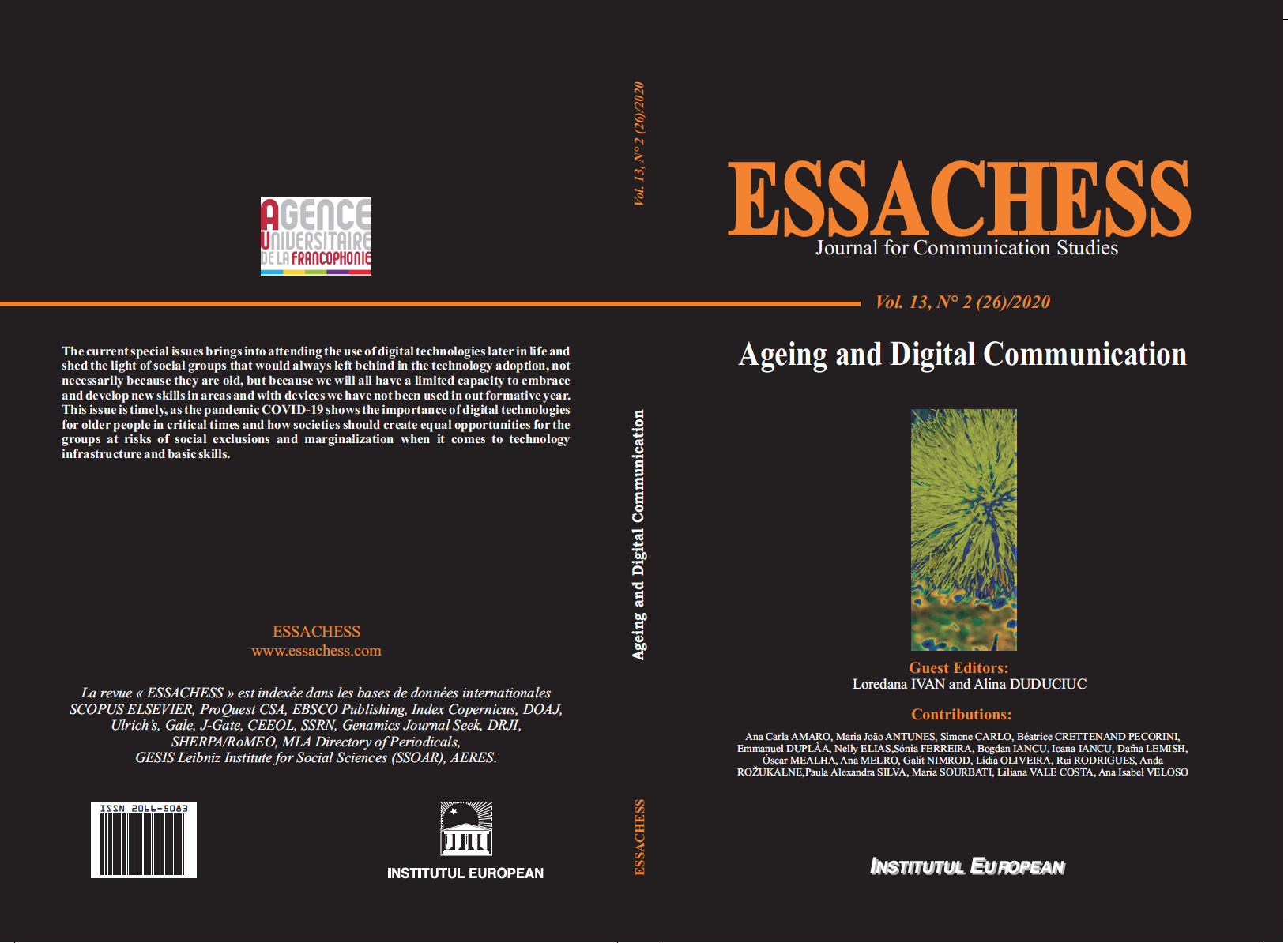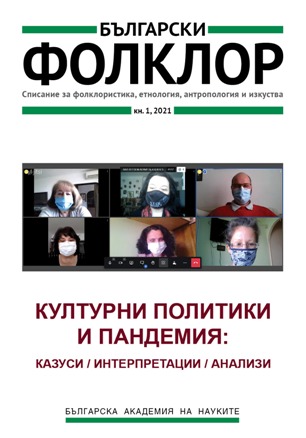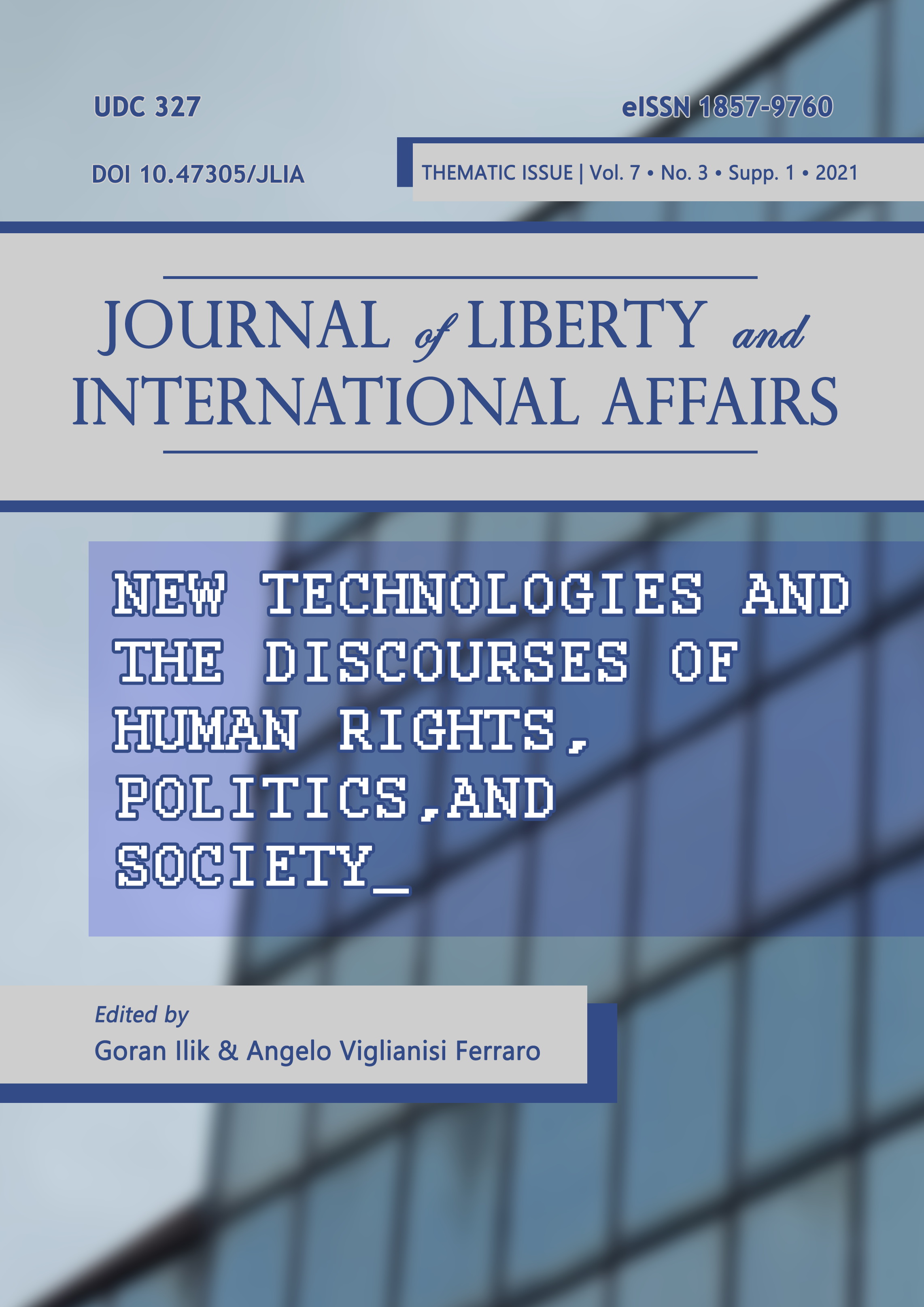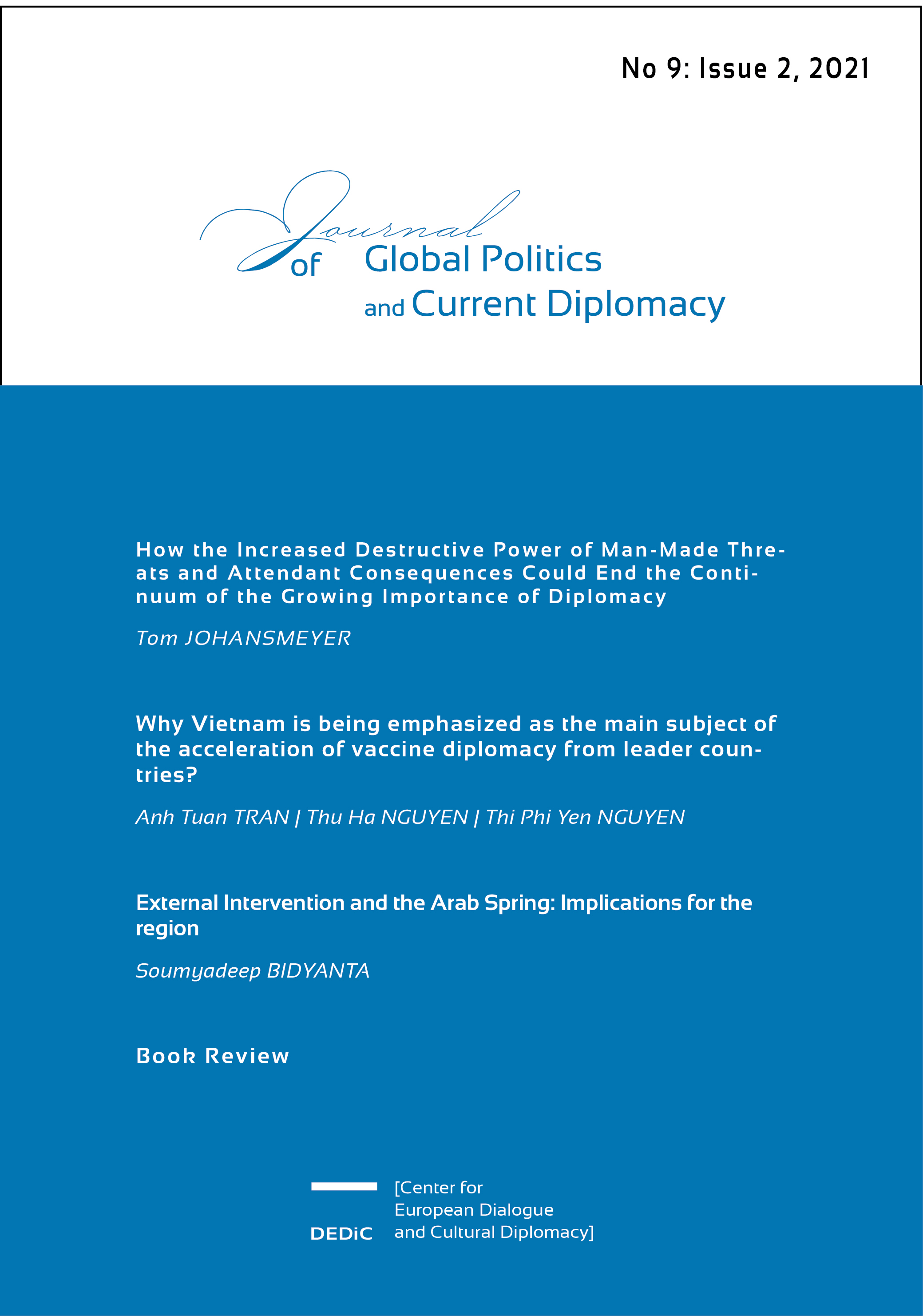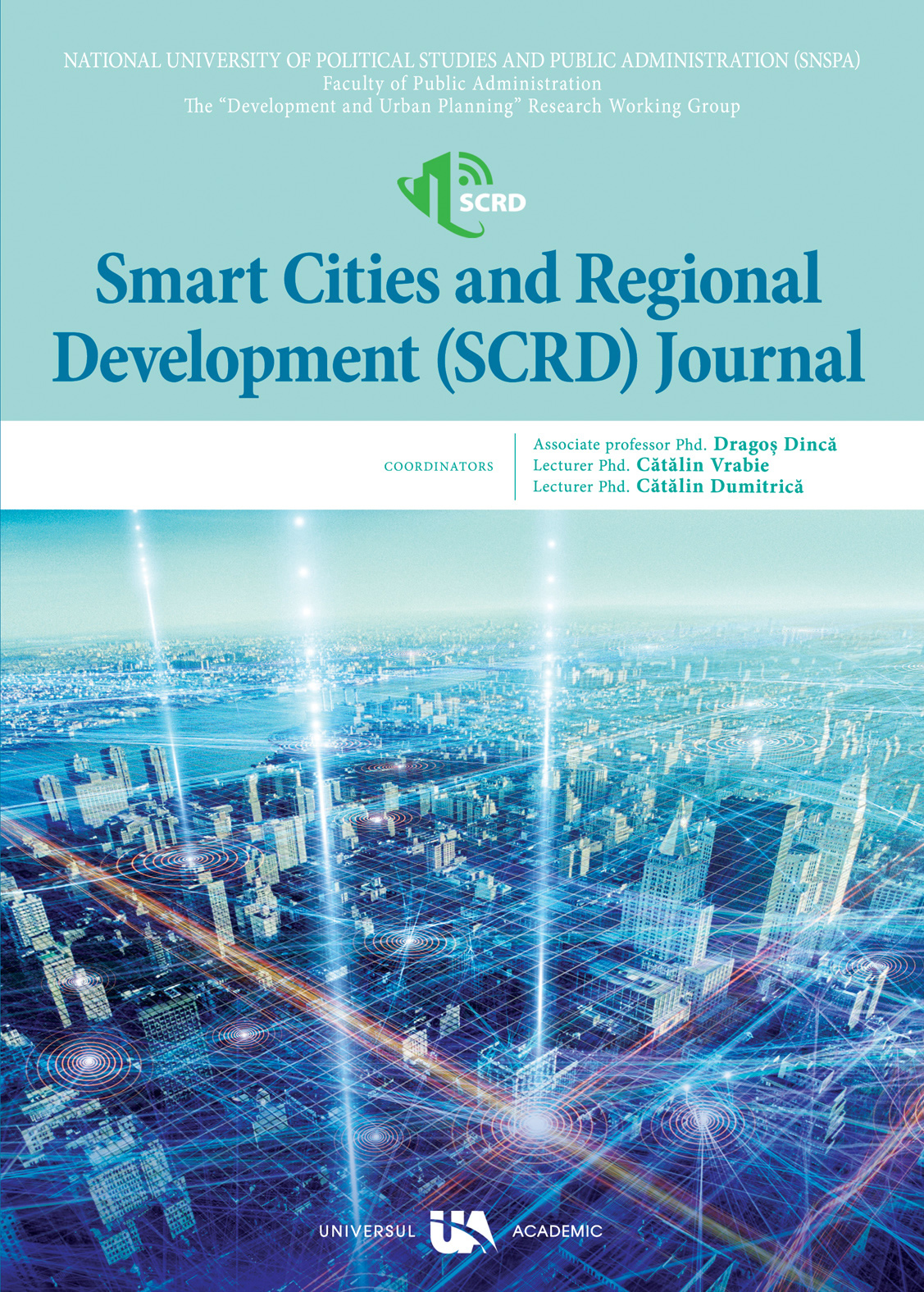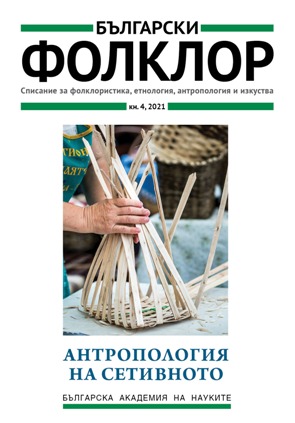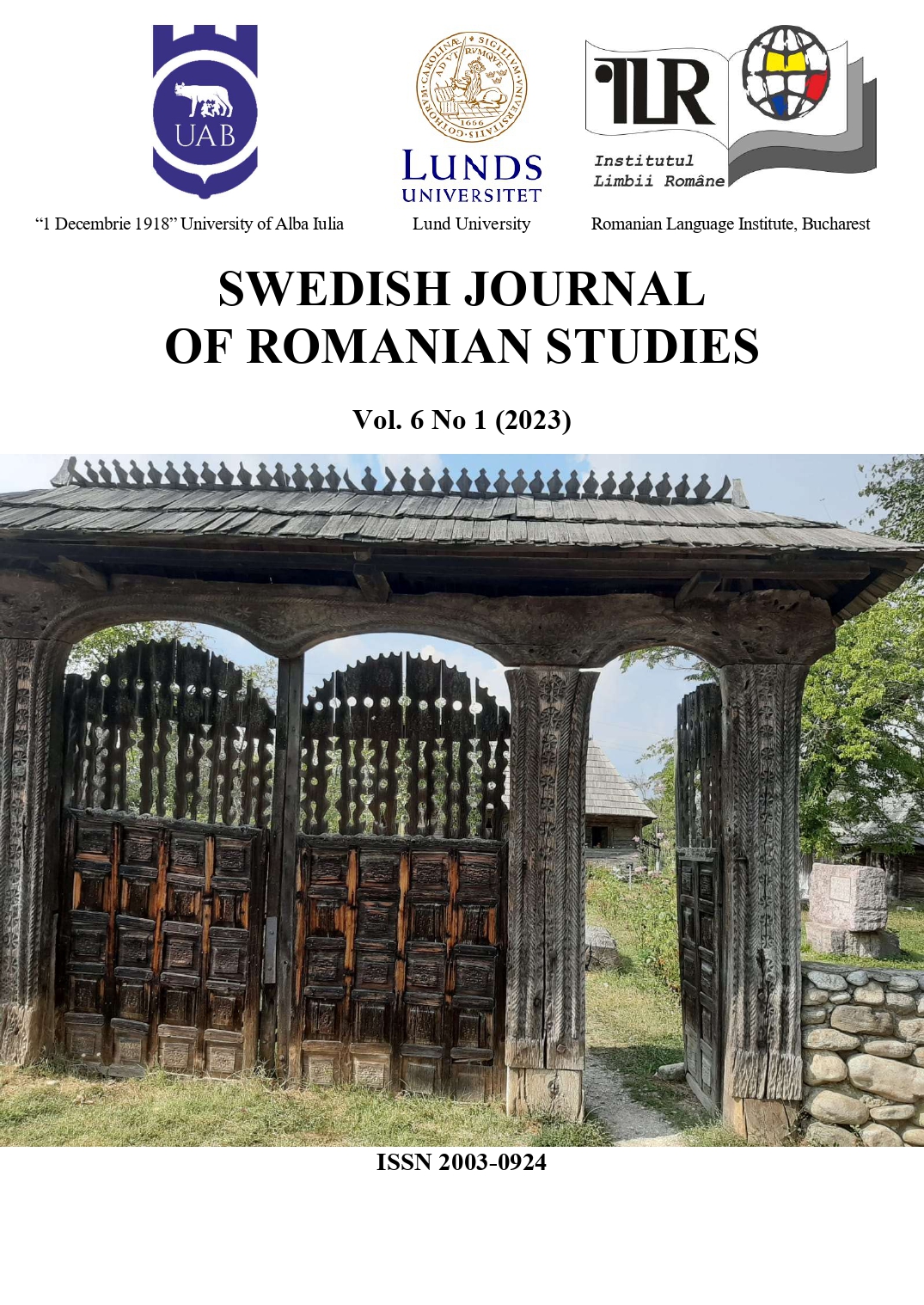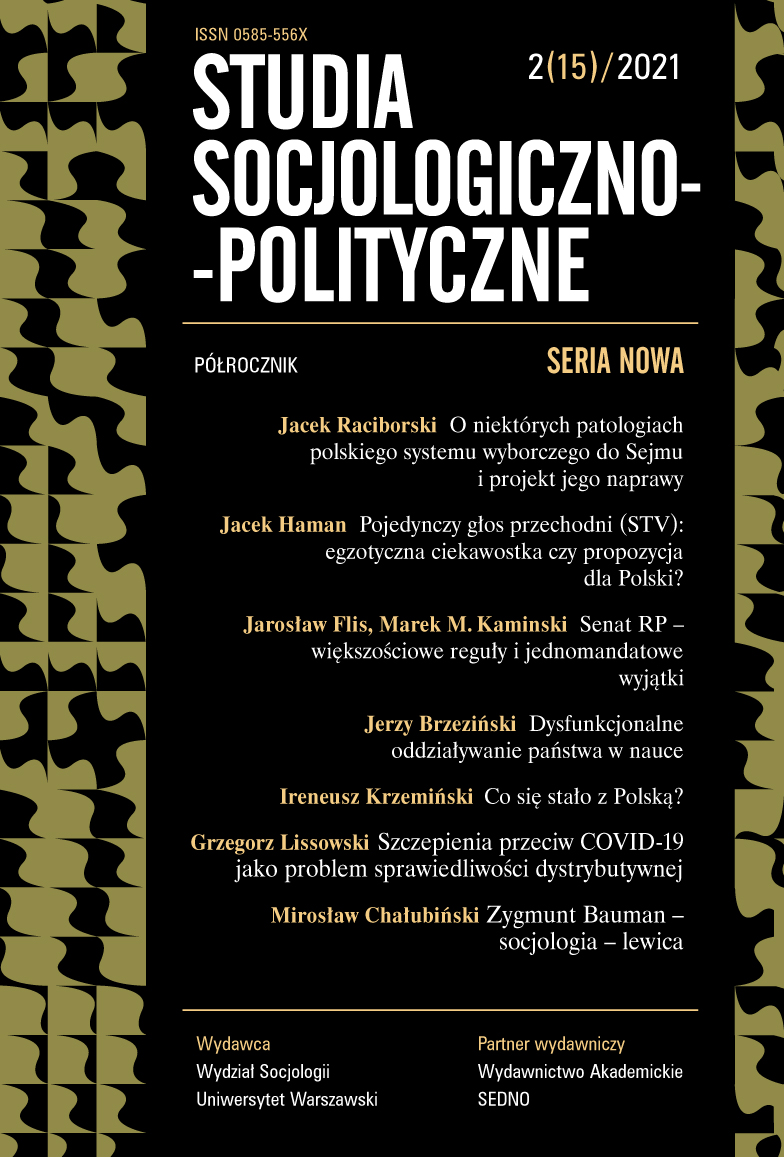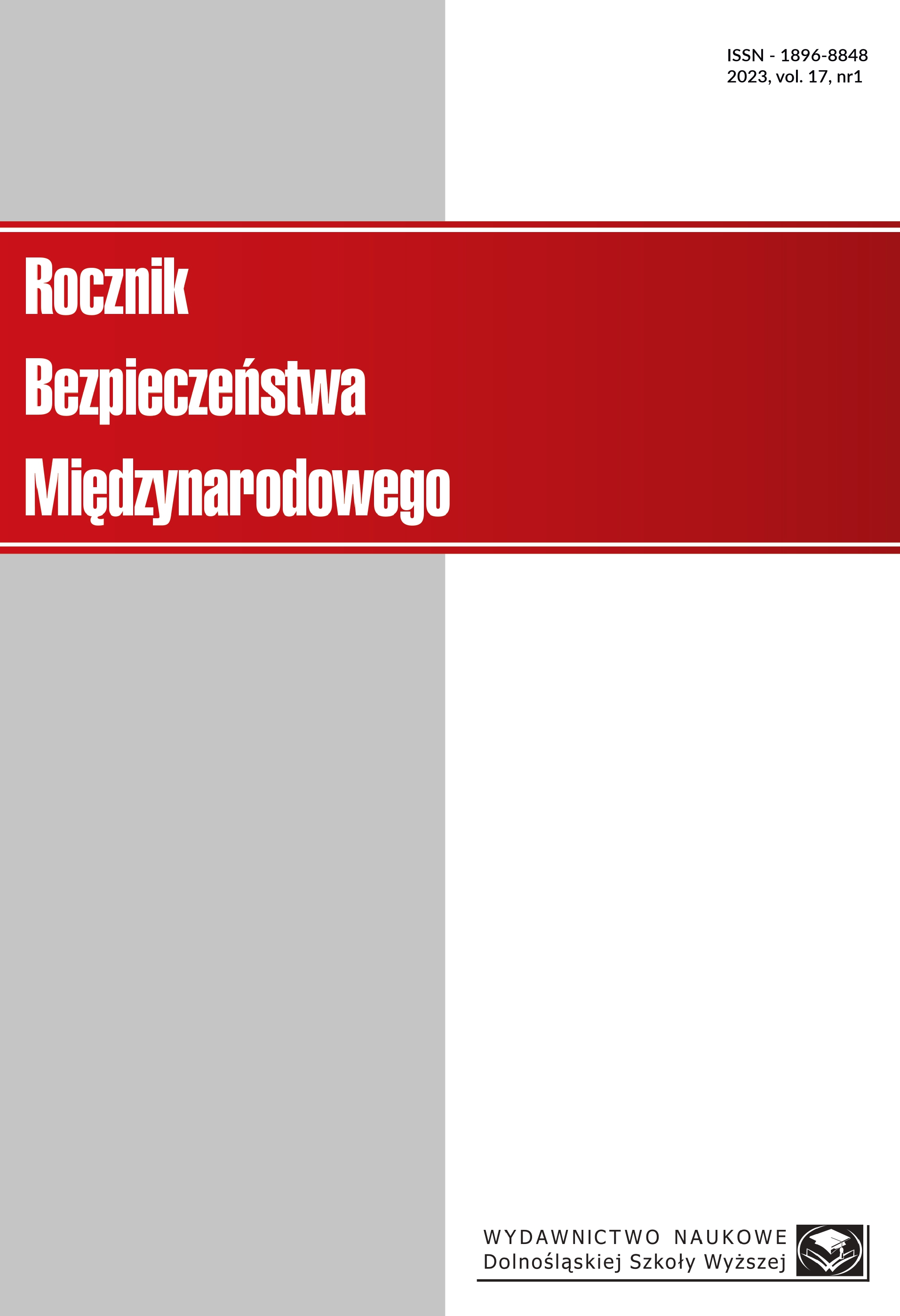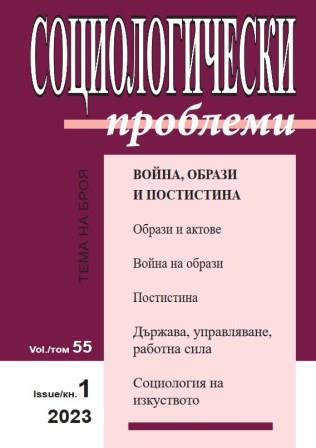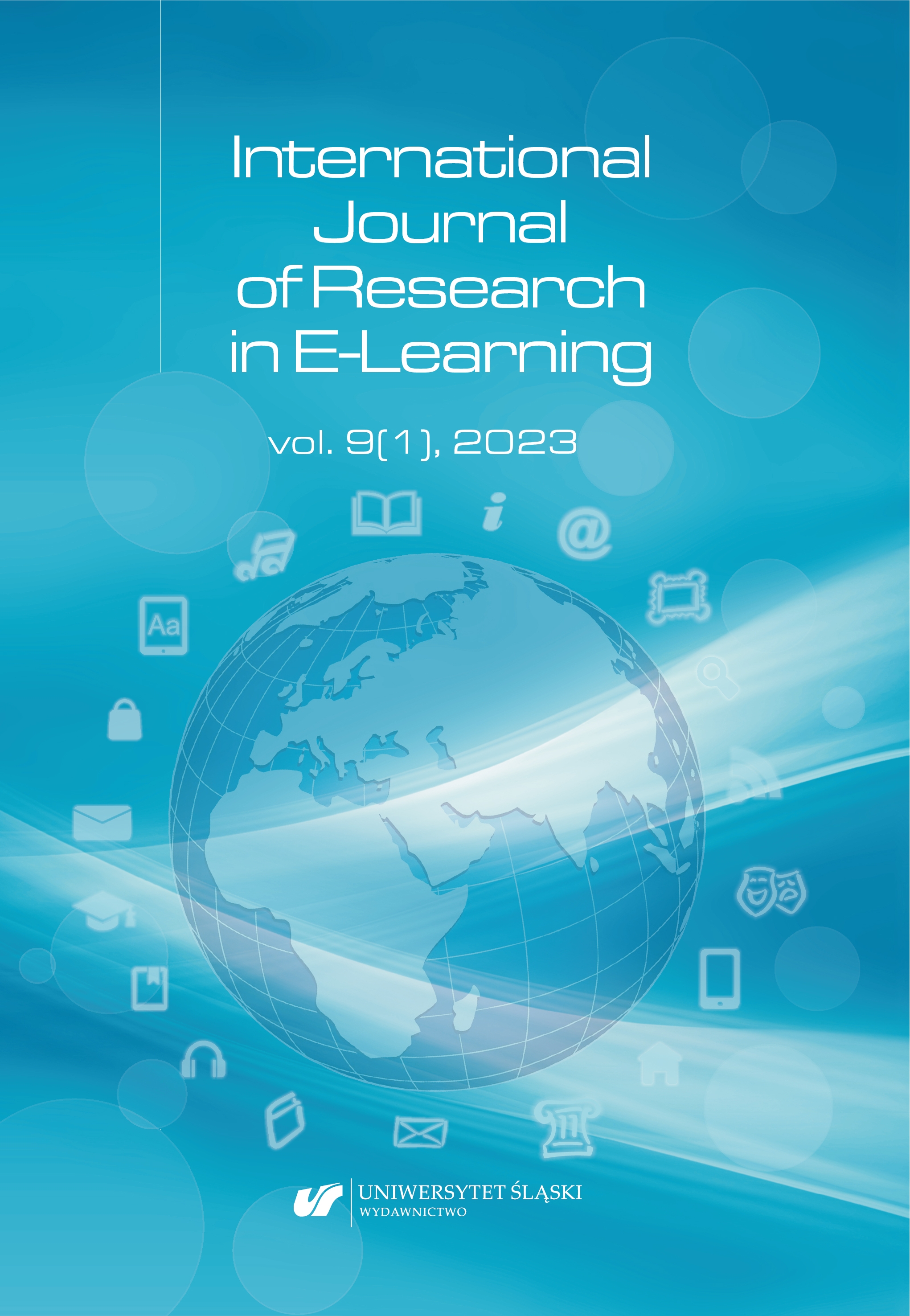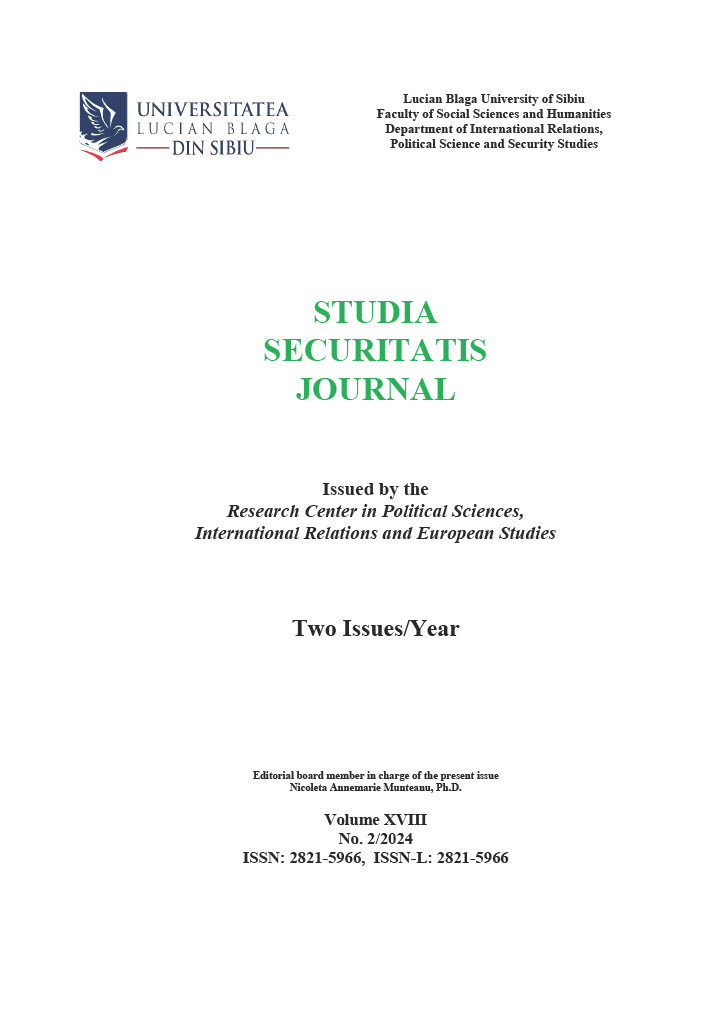
Пътят – предпочитано място за магически действия
According to Wahrig Deustsches Woerterbuch the concept of the “road” refers to a place which you have to walk in order to obtain your wish, to change some life situation in a positive or negative way; there the desired result of the act is achieved. Therefore, in our traditional culture the road is the place where people most often perform all sorts of magical actions including “white” and “black” magic. The crossroad has the same meaning; in a sense, it outlines the model of the horizontal division of the world which finds expression in four main directions – east, west, north, south. The article shows some of the most common “white” magical actions which aim at positive results – mostly various healing practices against diseases such as “gorska mayka” and “vankashna bolest” as well as customs dedicated to the mythical master-guardian of the village such as “Kokosha cherkva” and customs against drought. The article also examines some “black” magical actions aiming at doing harm: “binding” of newlyweds, stealing the milk of somebody else’s cows.
More...
